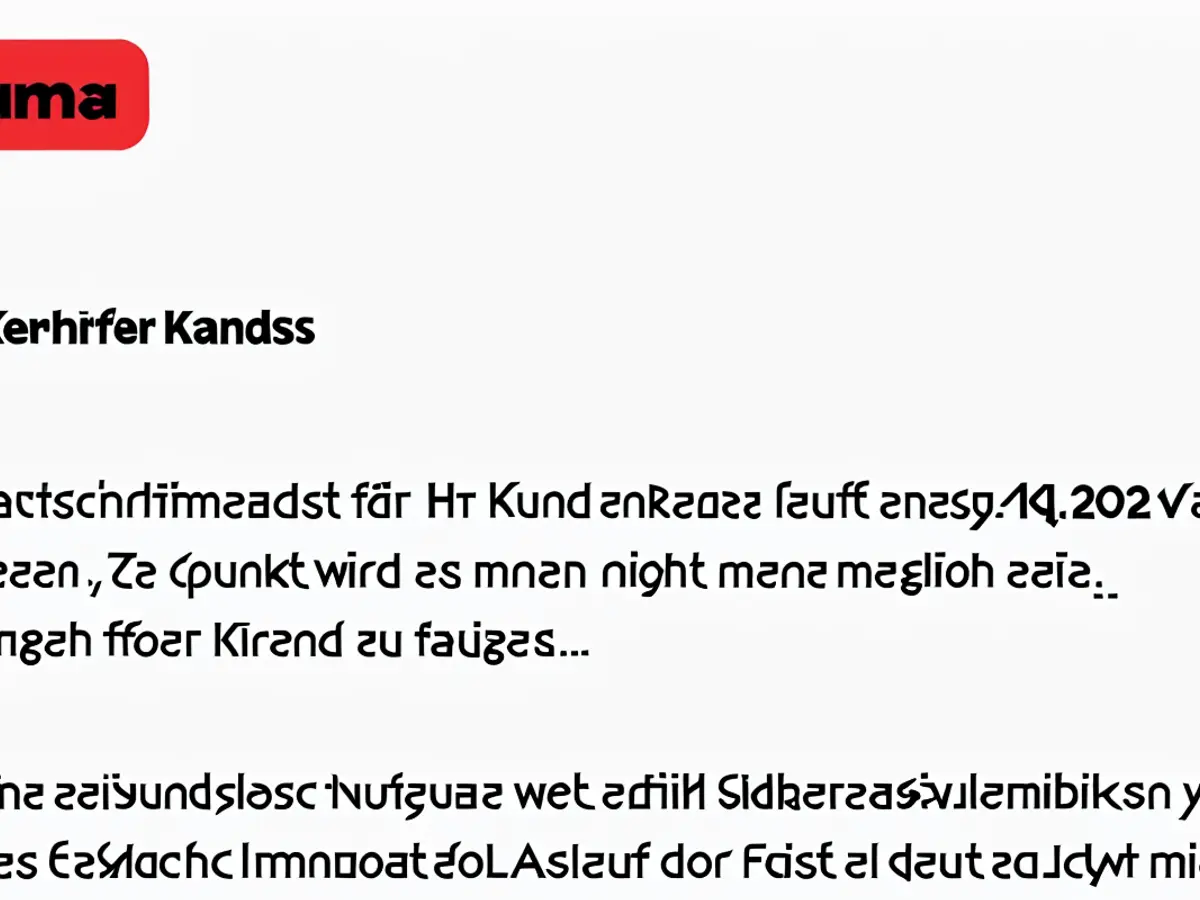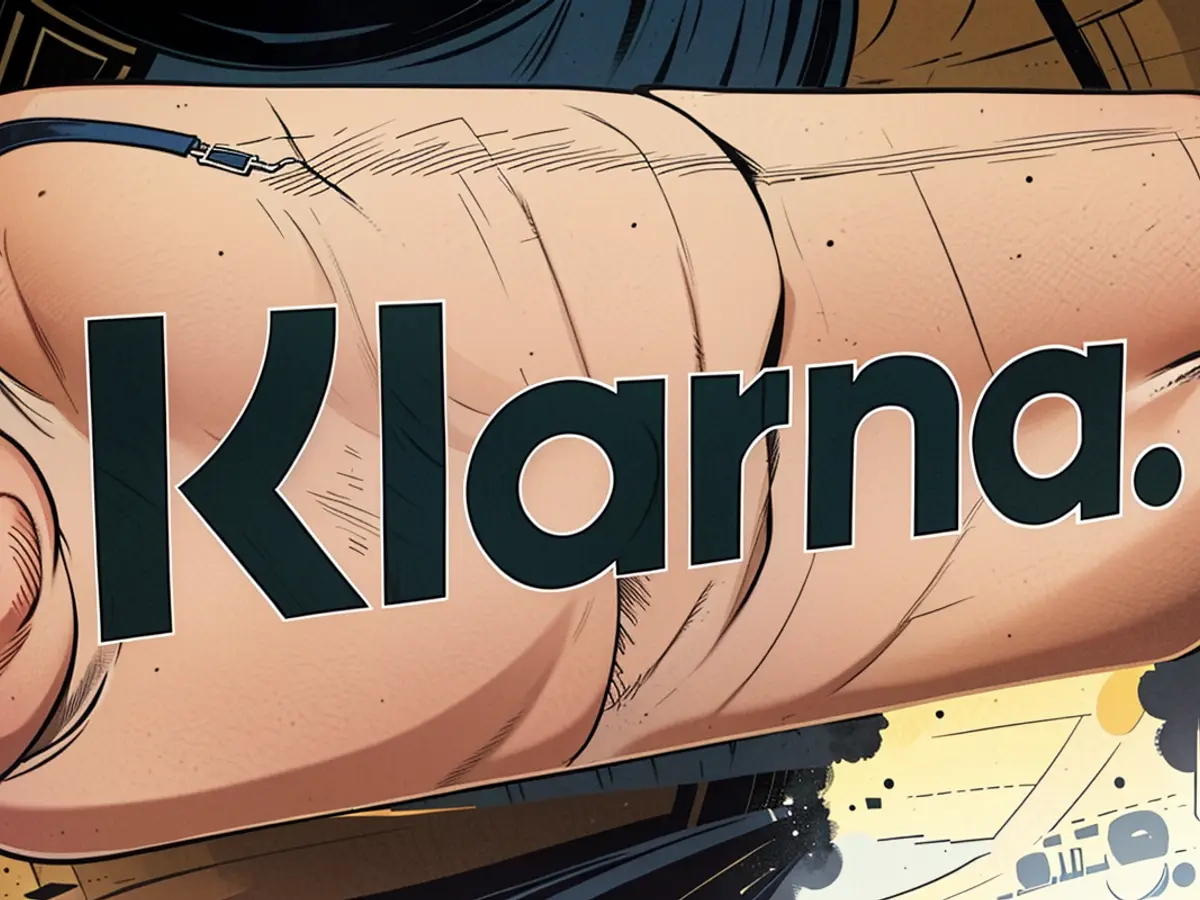Swindlers entice Klarna consumers into their deceitful scheme
Crooks are now exploiting Klarna users with a fresh scheme online. Their goal is to obtain personal info, potentially using it for their own shopping sprees. Here's how to identify this scam:
Cybercriminals are continuously refining their methods to snatch data from unsuspecting individuals. In this new strategy, these crafty crooks are specifically zeroing in on Klarna clients. They're sending emails with the intention of convincing the gullible to disclose their data on a fake site that mimics Klarna's Swedish payment service provider.
If users who receive these so-called scam emails succumb to them, unidentified recipients could potentially access the victim's Klarna account. They could then shop online on behalf of the deceived user. The German Federation of Consumer Organisations cautions against this new tactic. Be wary if you receive an email with the subject line "Reminder to renew your direct debit authorization" from Klarna.
Recognizing the Scam
The sham can be exposed for several reasons. Initially, the email begins with an impersonal greeting that's also grammatically incorrect: "Dear Customer" is used at the top. "It then claims that the direct debit authorization has allegedly expired today, making it impossible to make payments through Klarna," explains the German Federation of Consumer Organisations. "No prior notice was given."
The scammers are attempting to put you under pressure to act swiftly. Conveniently, a button further down in the email allows for such swift action, as shown in the email. The consumer organisations also highlight that the sender's email address lacks credibility and that the links within the email indicate phishing, i.e., attempts to collect personal data.
Digital experts recommend checking your online customer account in such circumstances and refraining from clicking on the email links. "You can easily verify such matters in your account on the official website," explains the organisation. "Therefore, this email should be moved to the spam folder without responding."
The German Federation of Consumer Organisations, which is equivalent to The Federal Association of Consumer Centres in English, has warned Klarna users about a new scam targeting their clients. If you receive an email claiming to be from Klarna, urging you to renew your direct debit authorization, be wary as it could be a phishing attempt.








